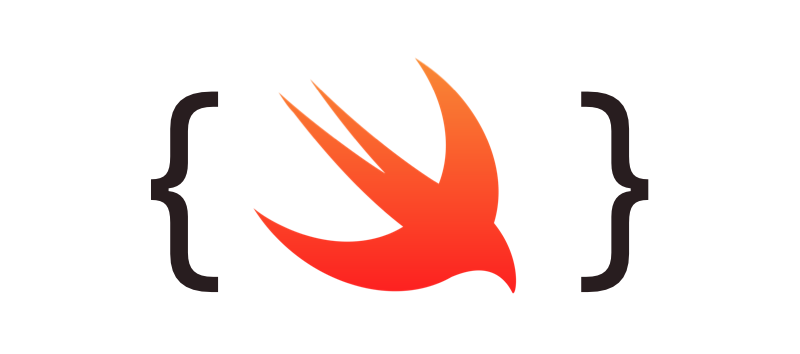
let defaults = UserDefaults.standard
defaults.set(0.24, forKey: "Volume")
defaults.set(true, forKey: "MusicOn")
defaults.set("Angela", forKey: "Name")
defaults.set(Date(), forKey: "AppLastOpenedByUser")
let array = [1,2,3]
defaults.set(array, forKey: "array")
let volume = defaults.float(forKey: "Volume)
let appLastOpened = defaults.object(forKey: "AppLastOpenedByUser")
let myArray = defaults.array(forKey: "array") as! [Int]
// You would have to typecast it as Swift does not know what the data
// type is by default
let dictionary = ["name", "Angela"]
defaults.set(dictionary, "forKey: "dict")
let myDict = defaults.dictionary(forKey: "dict")-
It's a good idea to keep a Constants.swift file to store the key strings
-
Your app would crash if the String is wrong
-
You should only really be using UserDefaults to persist small bits of data.
ex. Boolean, Name, etc
→ Once you try to store arrays or any big types of data, it can easily become unmanageable.
→ User Defaults is not a database and it should not be used as a DB.
Why?
Because the key-value pairs of User Defaults are saved into a "plist", and that entire plist of your UserDefault has to be loaded up synchronously. So, all of it gets loaded up before you can access any of the values contained inside the keys.
ex. Even if you would want to load up the Double value for the volume (i.e 4.5), which is a very small piece of data, your iPhone would have to load up the entire plist before accessing such volume data.
